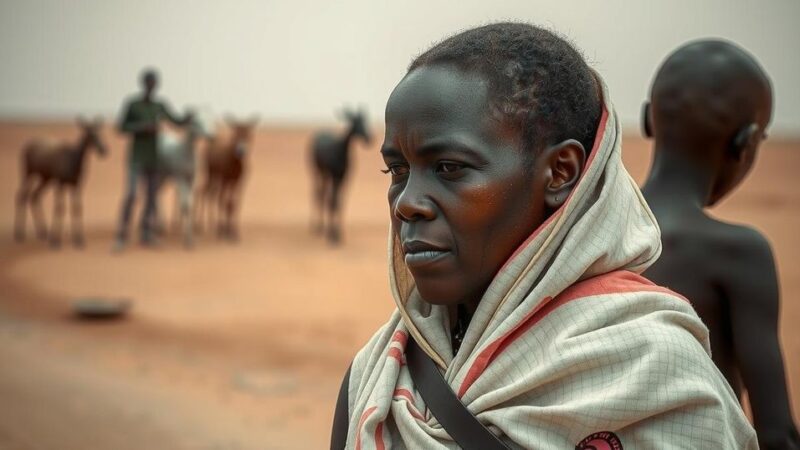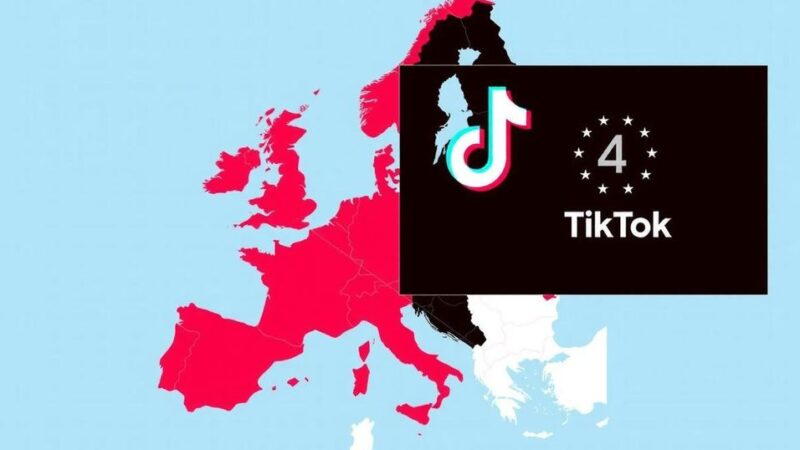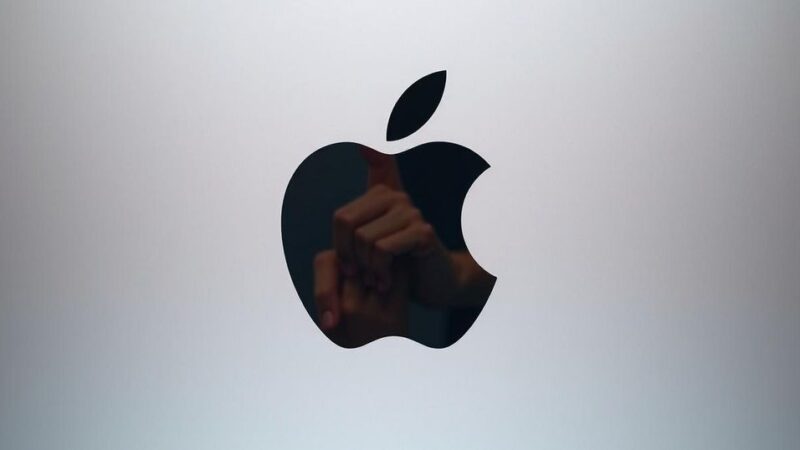The Democratic Republic of Congo has filed charges against Apple for allegedly using conflict minerals sourced from areas controlled by armed groups, contributing to violence, forced labor, and environmental destruction. Apple’s supply chain management measures are under review by authorities in France and Belgium to assess the validity of these claims, while the tech giant continues to maintain that it does not support conflict minerals.
The Democratic Republic of Congo (DR Congo) has initiated criminal proceedings against Apple in France and Belgium, alleging that the technology company utilizes conflict minerals sourced from its territory. Lawyers representing the Congolese government claim that Apple is implicated in supporting armed factions that operate in the eastern regions, where mining occurs. Although Apple asserts its commitment to monitoring its supply chain and adhering to international standards, legal authorities in both countries will review the evidence to determine the next steps. The Congolese representatives have labeled the minerals in question as “blood minerals,” indicating that they are obtained from conflict zones and funneled into the global market, contributing to violence, terrorism, forced child labor, and environmental harm.
Conflict minerals, particularly tantalum, tin, and tungsten, extracted from the eastern Democratic Republic of Congo, have been linked to funding armed conflict and human rights abuses. Human rights organizations have accused various corporations of benefiting from these minerals without adequately ensuring that their supply chains are free from exploitation and violence. The growing demand for these resources has exacerbated conflicts in the region, prompting various stakeholders to engage in legal actions aimed at accountability and responsible sourcing. Apple’s recent claims of rigorous supply chain monitoring come amid increasing scrutiny regarding corporate responsibility in resource utilization.
The allegations against Apple underscore broader issues regarding corporate responsibility and the ethical sourcing of minerals in conflict-affected areas. As DR Congo pursues legal actions in European courts, the attention drawn to the role of global tech companies in these supply chains may lead to heightened scrutiny and the implementation of more stringent sourcing practices to prevent the exploitation of natural resources tied to violence and human rights violations. The outcome of these legal proceedings could set important precedents for multinational corporations operating in similar contexts.
Original Source: www.bbc.com






